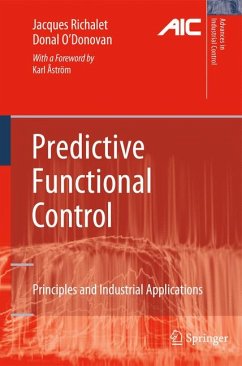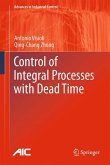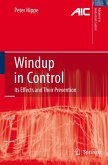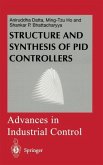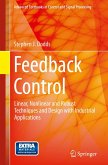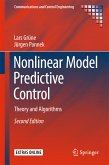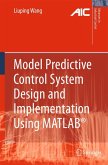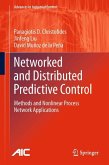The predictive functional control (PFC) technique was first used to develop a model-based predictive controller that was easy to understand, implement and tune from an instrumentation engineer's perspective. In the forty years since, there have been thousands of successful applications of PFC controllers in a large and diverse group of industries.
Predictive Functional Control provides the reader with:
. a fundamental understanding of the principles associated with PFC;
. the basic PFC control equations to be implemented in all programmable logic controllers or digital control systems in block programming form; and
. tuning rules and implementation procedures.
In addition, some new features arising from the needs of the process industries are reported along with many examples of industrial applications.
This book is intended for technical staff in the process industries, familiar with classical control techniques, who need to take up the challenges posed by today's economic environment; engineering graduate students requiring a background in modern control techniques; and industrial managers who require an overview of the PFC technique with a view to assessing its suitability for use in future projects.
Dieser Download kann aus rechtlichen Gründen nur mit Rechnungsadresse in A, B, BG, CY, CZ, D, DK, EW, E, FIN, F, GR, HR, H, IRL, I, LT, L, LR, M, NL, PL, P, R, S, SLO, SK ausgeliefert werden.

